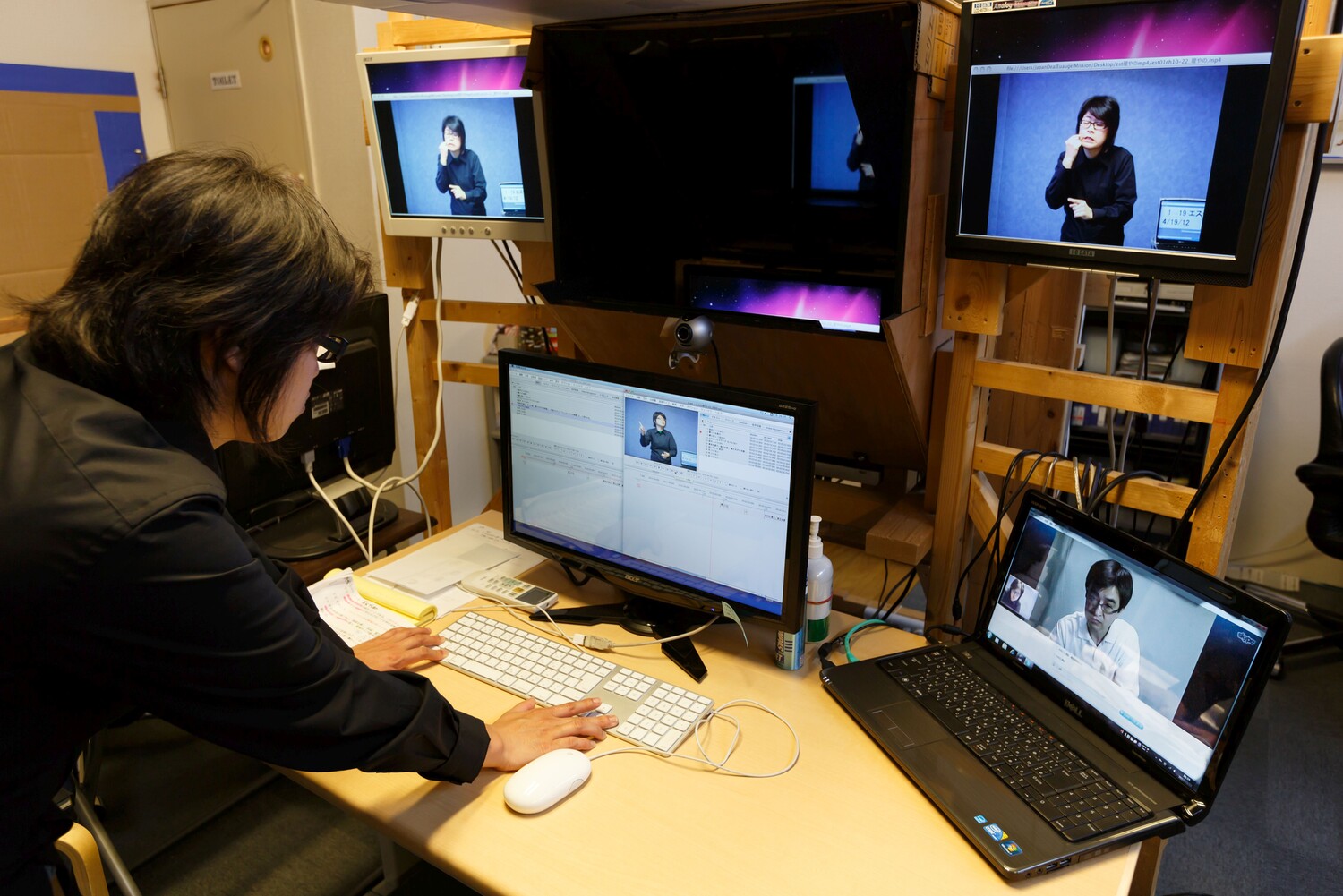Many of us at Wycliffe Canada—especially those of us serving in communications—love words! So when our team considered titles for this newsletter, In Other Words struck a chord with us as well as our leaders. After all, Bible translation is all about words; especially the other words that will bring God's Word alive for nearly 2,000 language groups that still need Scripture that speaks to their heart. That’s a ton—as my grandchildren would say—of words that still need to be translated!
Our work in communications is all about words, too. And in a world where information is increasingly shared through bite-sized texts, posts, and tweets, we still believe there’s value in sharing inspirational stories, photos, and articles in a publication you can hold in your hands. It’s our prayer In Other Words will inform you about current breakthroughs, needs, and challenges in Bible translation and inspire you to begin, or continue, to partner with us as God leads. We encourage you to share it with your friends, family members and churches, too—so millions more people around the globe can encounter the Word who became flesh.
In Other Words will also introduce you to four key pillars that support our work among minority language groups around the world: Bible Translation, Engagement with Scripture, Literacy, and Capacity Building. In the field, these pillars help us plan and engage holistically. For lives and communities to be transformed by the translated Scriptures, engagement needs to be meaningful and appropriate. Oftentimes that requires literacy programs, which also sparks development through access to education and resources that benefit the individual and community. And whenever possible, we empower local, sustainable ownership for the work. This means more training for more people in more places.
Each issue of In Other Words will focus on one of the four pillars, starting with Bible Translation. We want to bring you closer to the field so you can see the impact of Bible translation from more perspectives.
With gratitude for your partnership,
Doug Lockhart
Communications Manager
